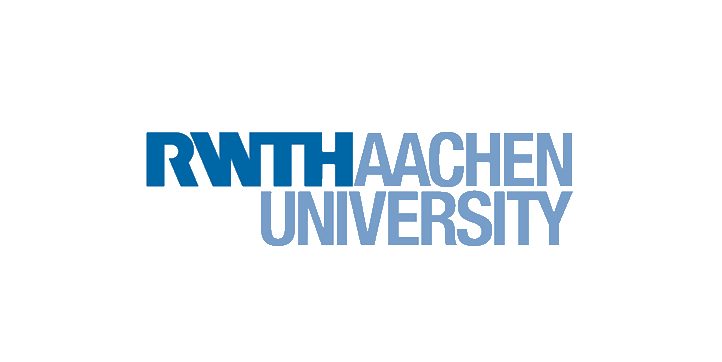RWTH: New network in peace research
Last but not least, the Ukraine crisis shows that the global political situation is increasingly uncertain and unmanageable. It is characterized by increasing multipolarity, great power rivalry, rapid change and distrust between states. At the same time, the threat of nuclear weapons is still present, with more than 13,000 nuclear weapons worldwide. Against this background, the new research association “Verification in a complex and unpredictable world: Social, political and technical processes” (VeSPoTec) was launched by the RWTH.
The network is funded for four years by the BMBF as part of the funding line “Strengthening Peace and Conflict Research”. The aim is to establish a new regional center for interdisciplinary peace research. The project is funded by the BMBF with a total of 3.2 million euros and coordinated by the RWTH research group “Nuclear Verification and Disarmament” headed by Professor Malte Göttsche. Also involved at RWTH are Professor Ralph Rotte, Chair of International Relations, and Professor Stefan Böschen from the Human Technology Center at RWTH. Other project partners are the Research Center Jülich and the University of Duisburg-Essen.
A team of researchers from sociology, natural and political sciences is researching confidence-building measures in the nuclear field to strengthen global security. In particular, this involves the further development of verification processes. The International Atomic Energy Agency, for example, uses this to check that no new states are building nuclear weapons. Nuclear stock reduction treaties are based on comprehensive inspection agreements, which, however, require further development. This is where the new research project comes in, by further developing technologies such as physical measurement methods and analysis methods for verification. Verification is a necessary means of ensuring nuclear non-proliferation and enabling arms control and disarmament, as they verify compliance with contracts and act as a confidence-building measure. It is based on a complex network of knowledge and trust, in which the influence of political and social conditions is particularly high.

